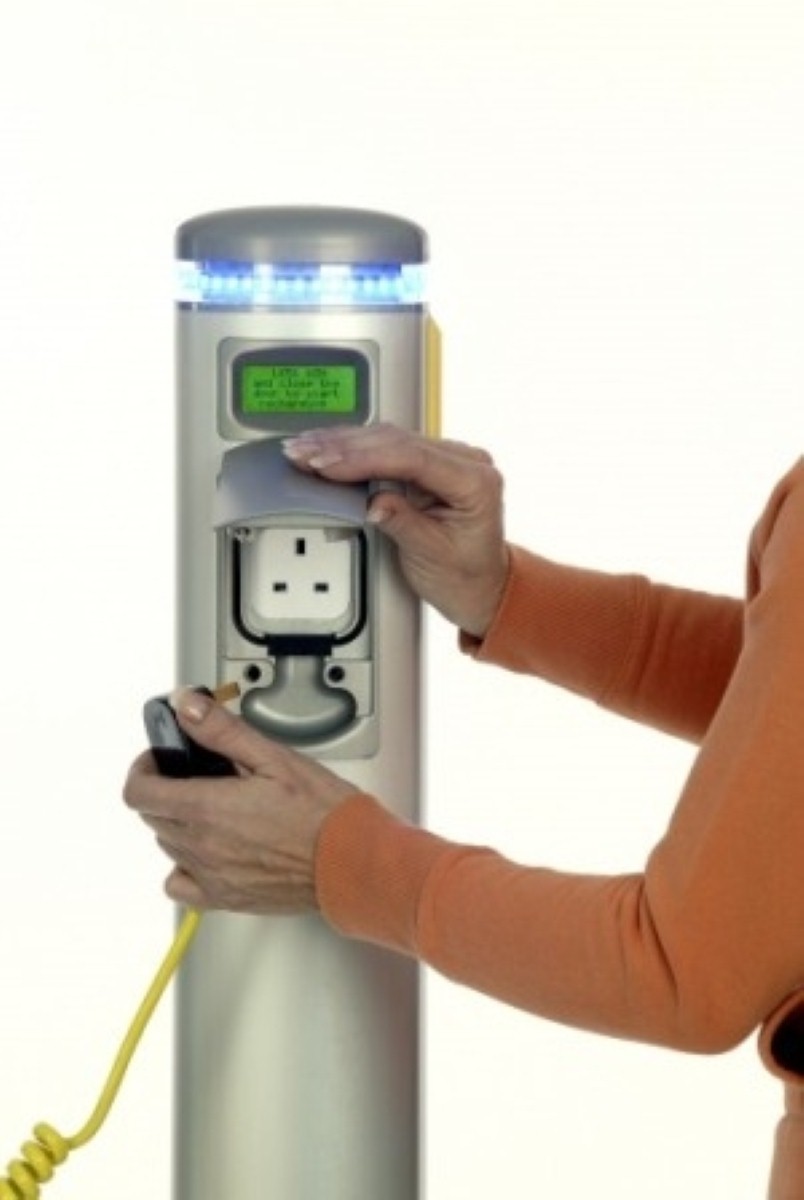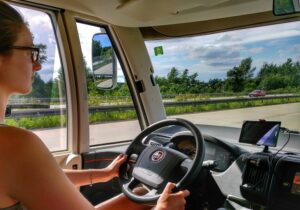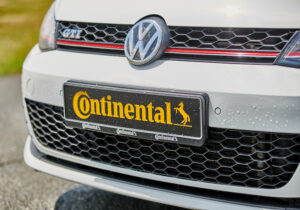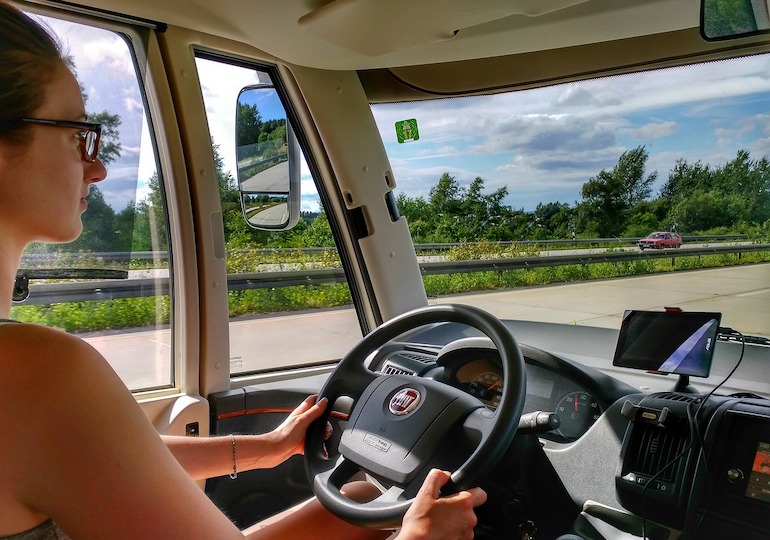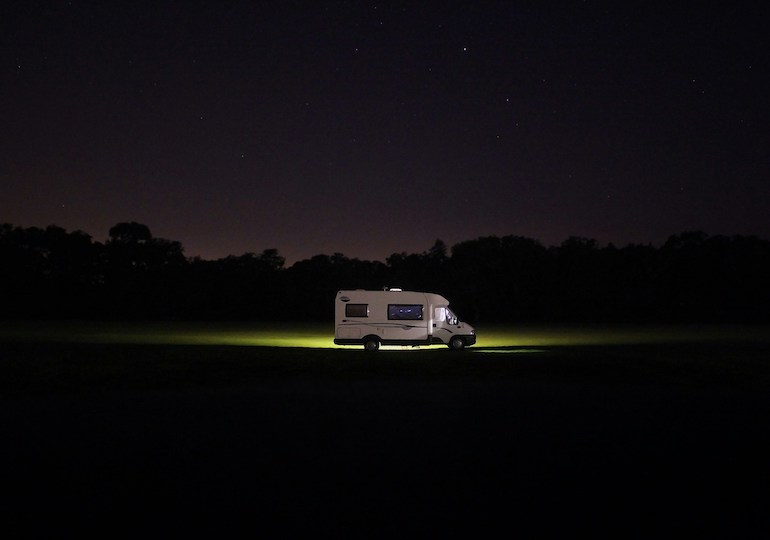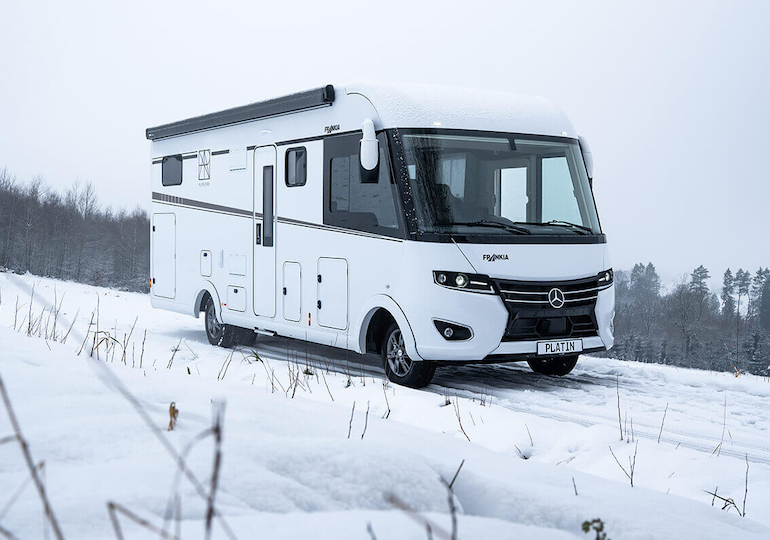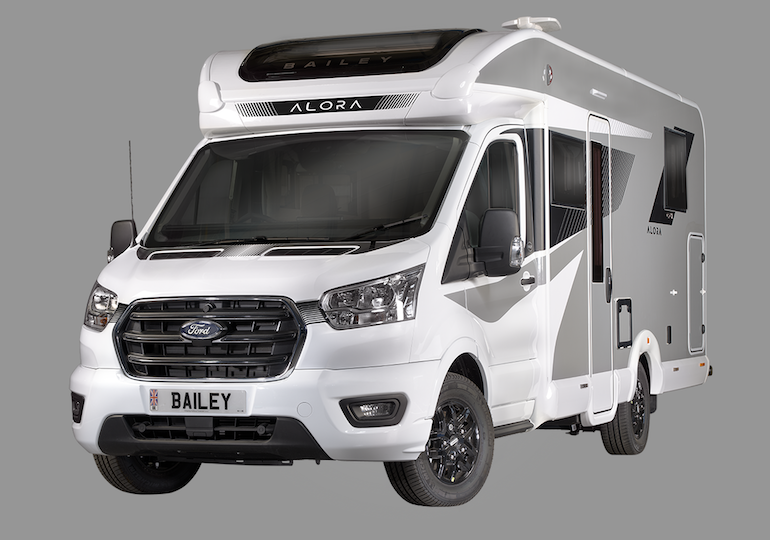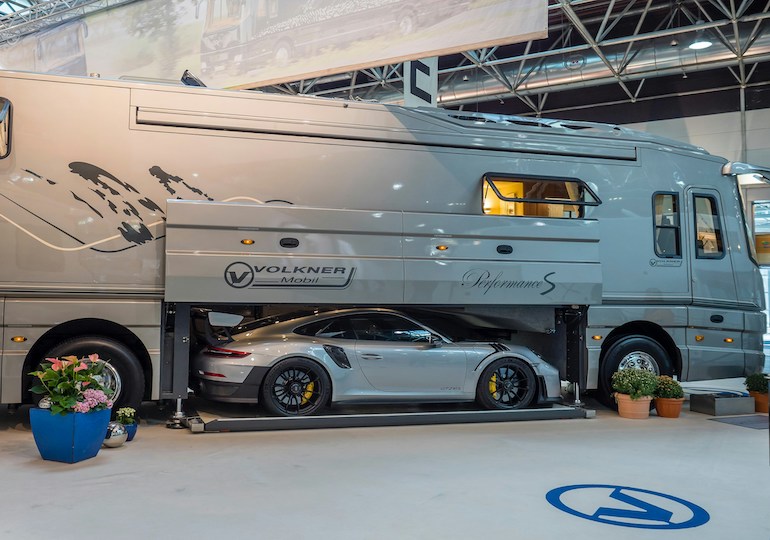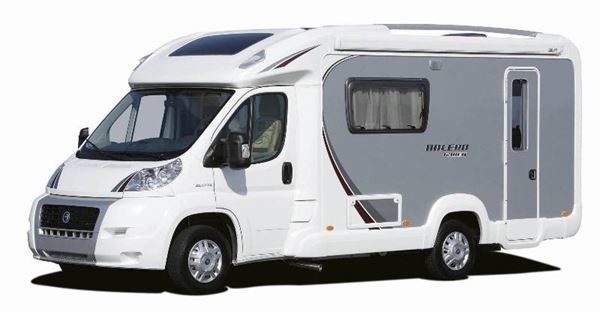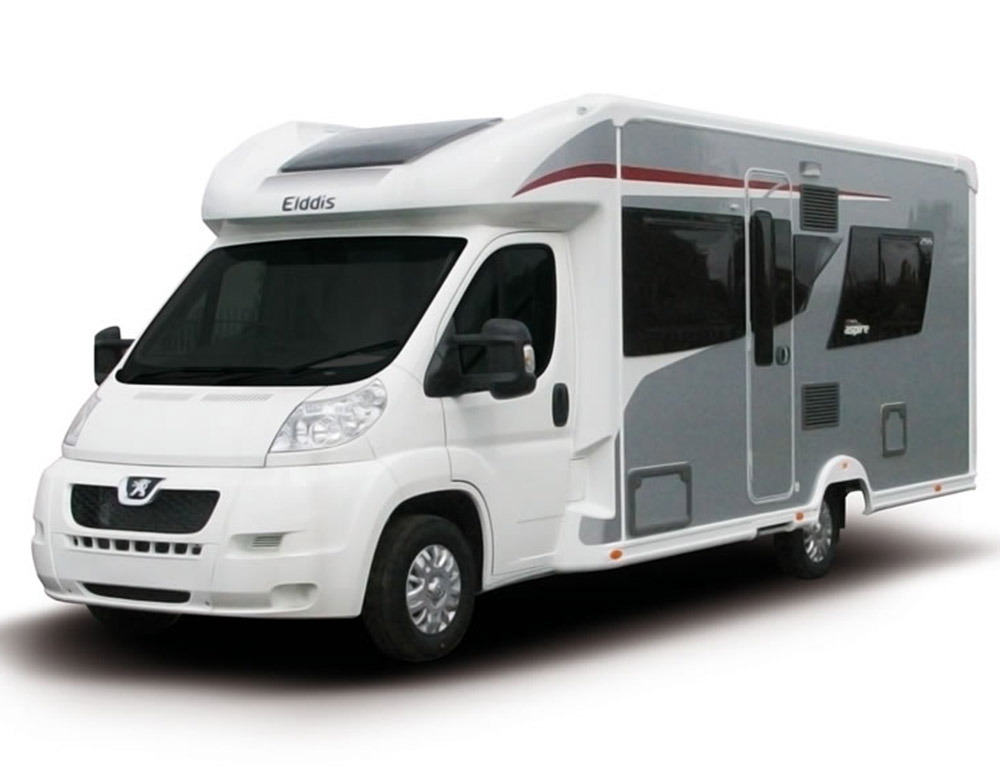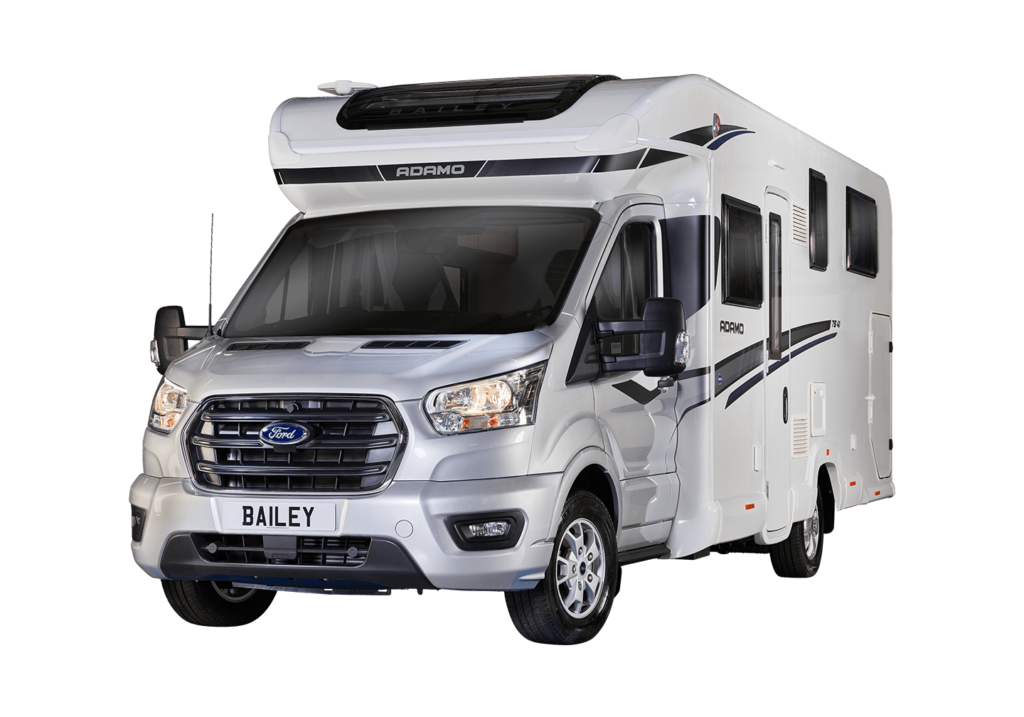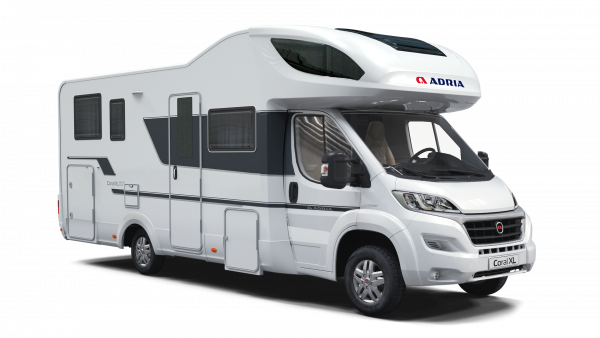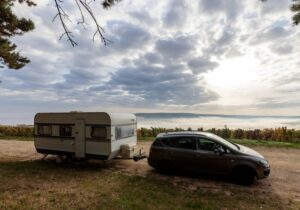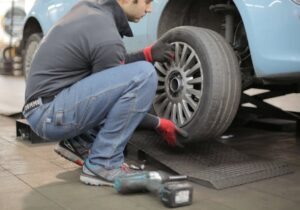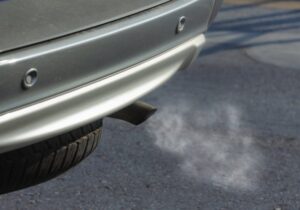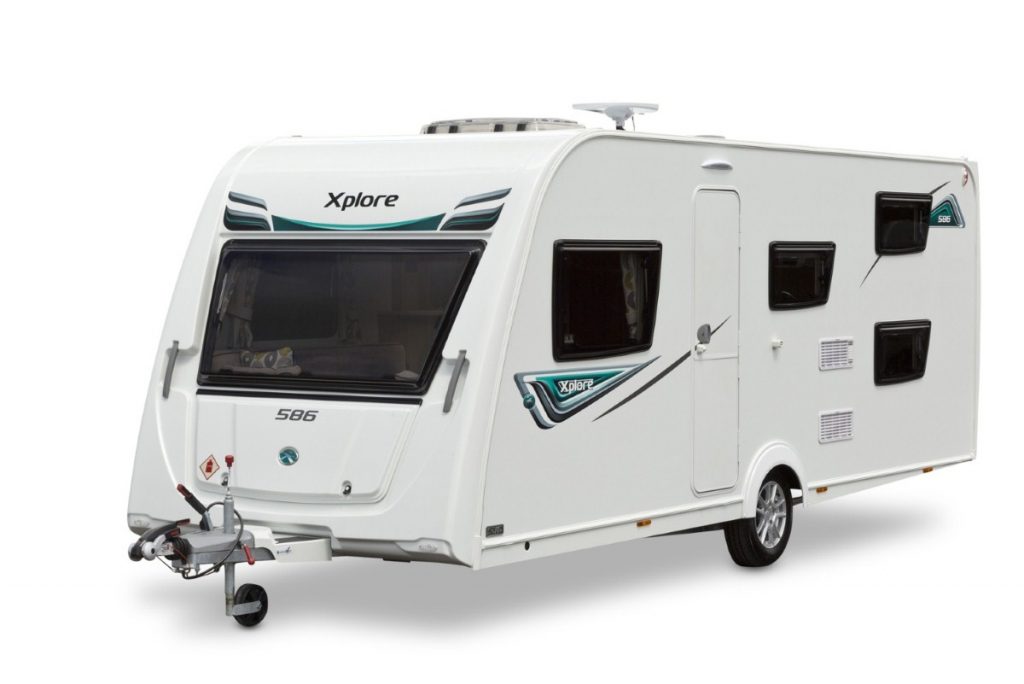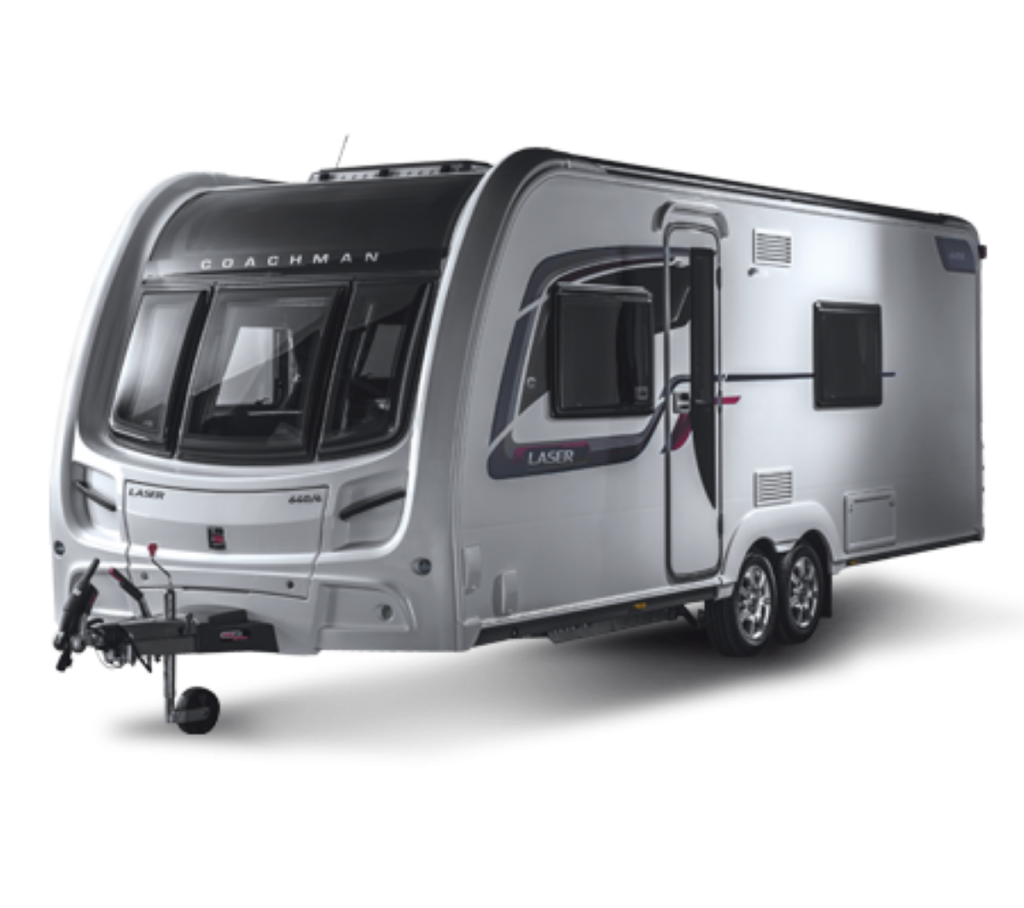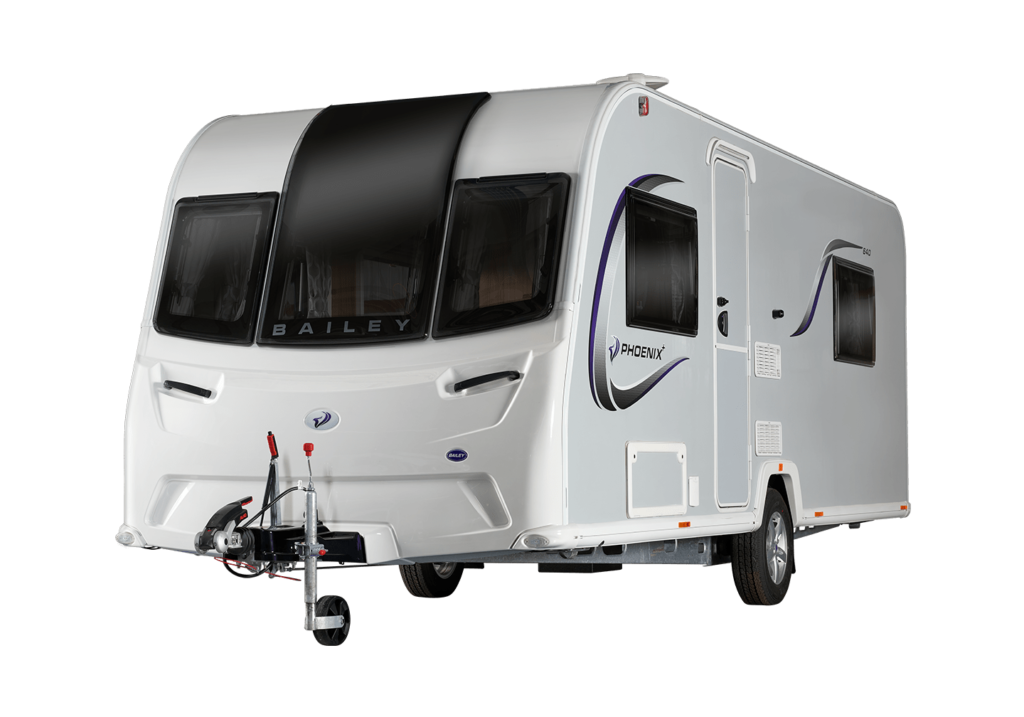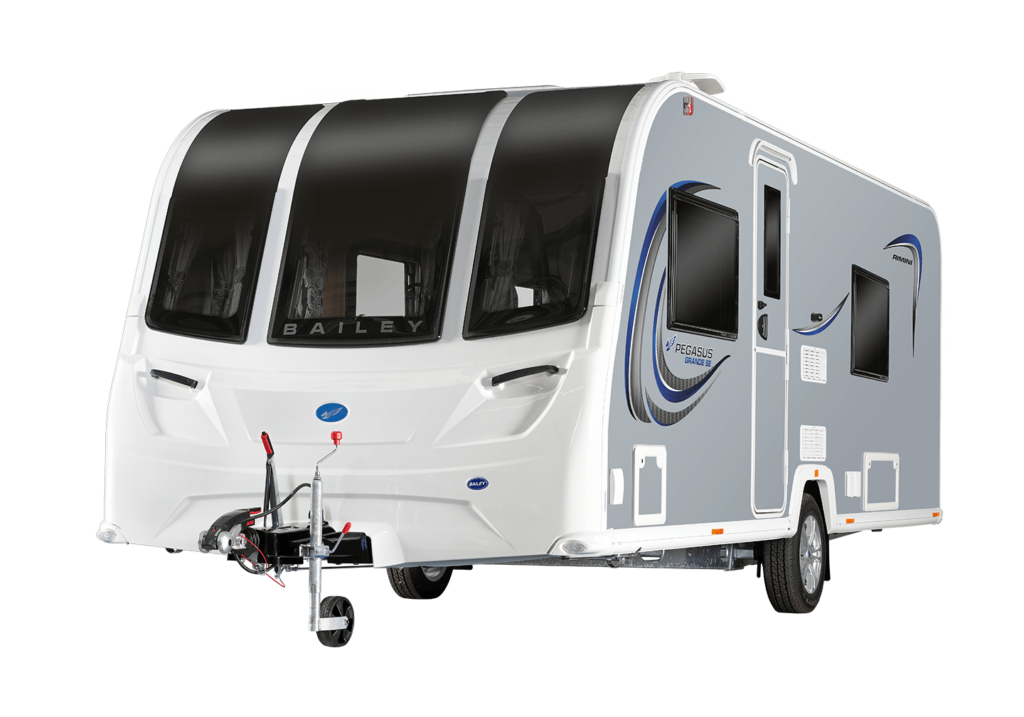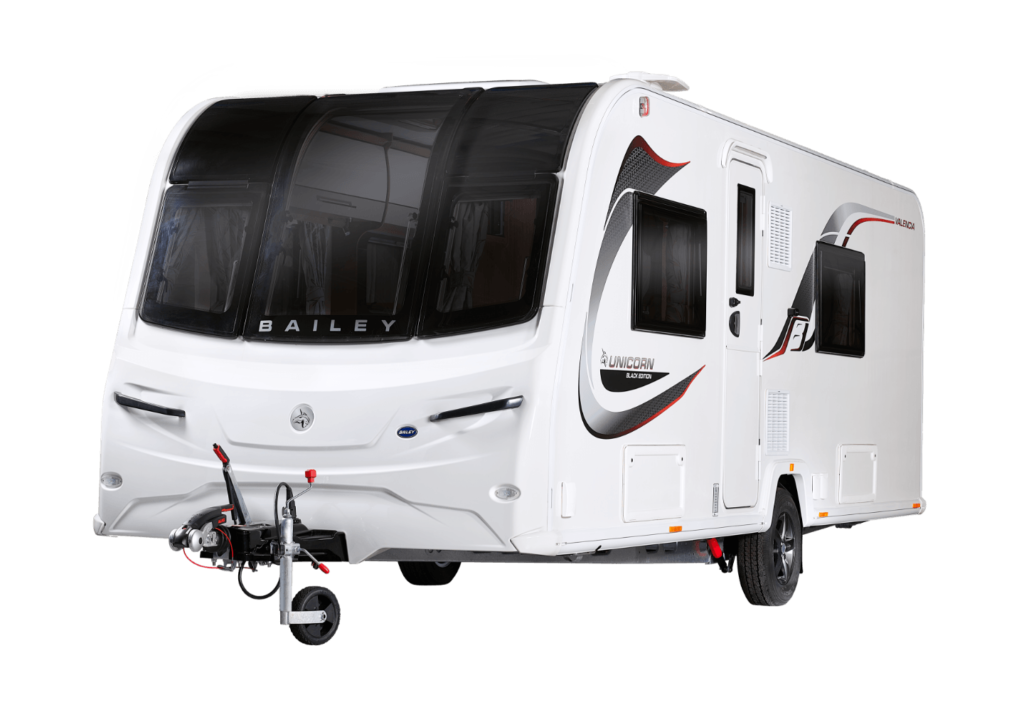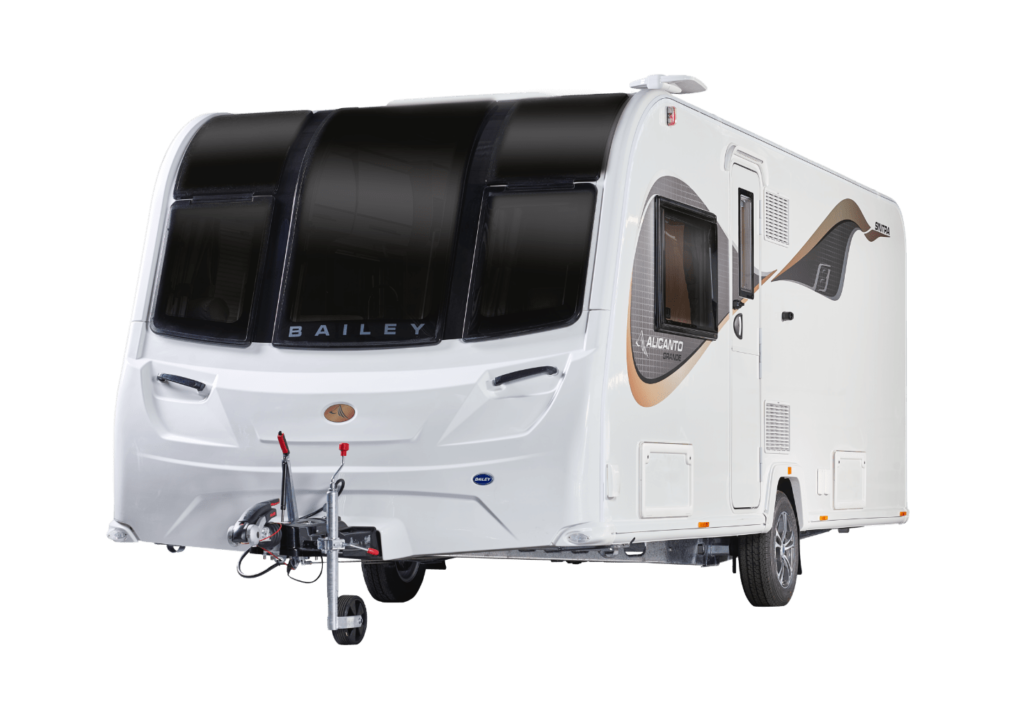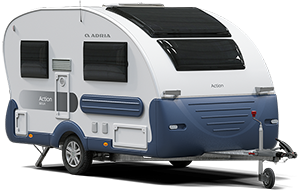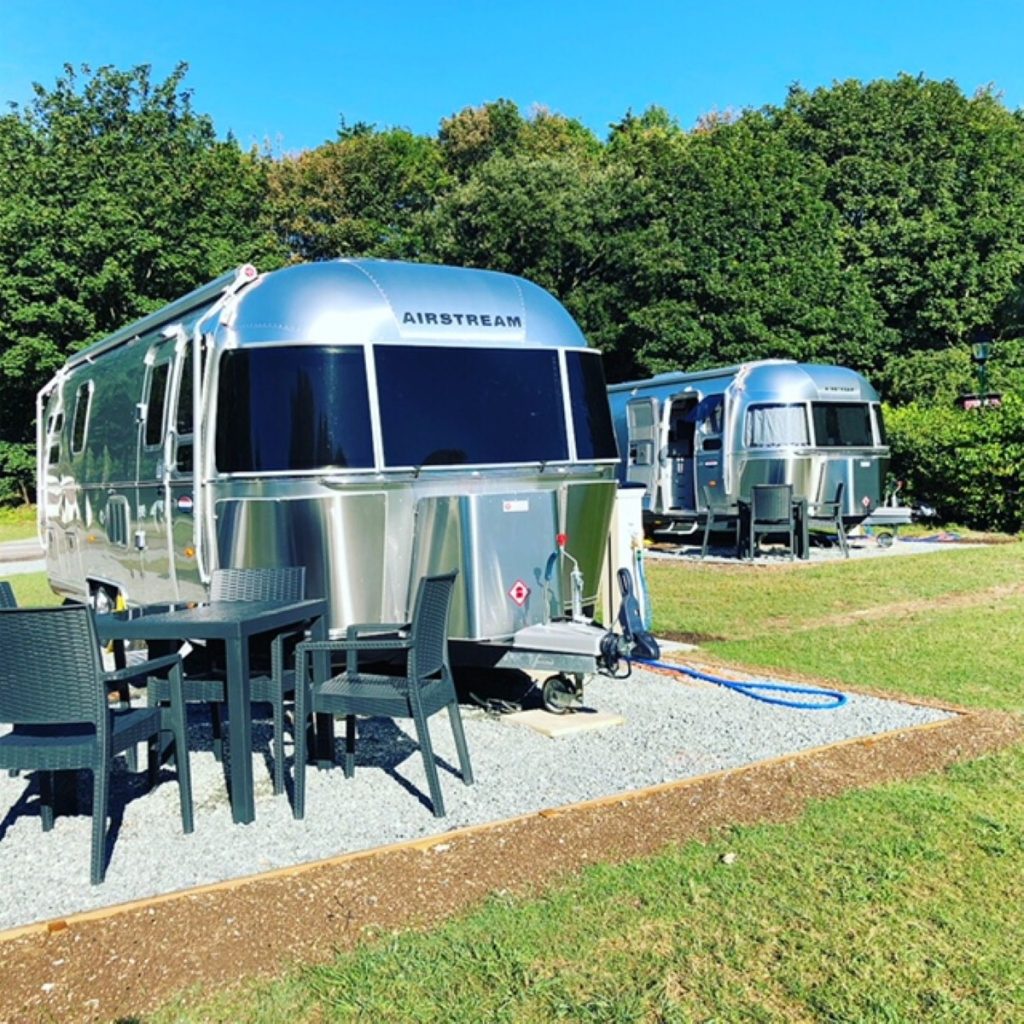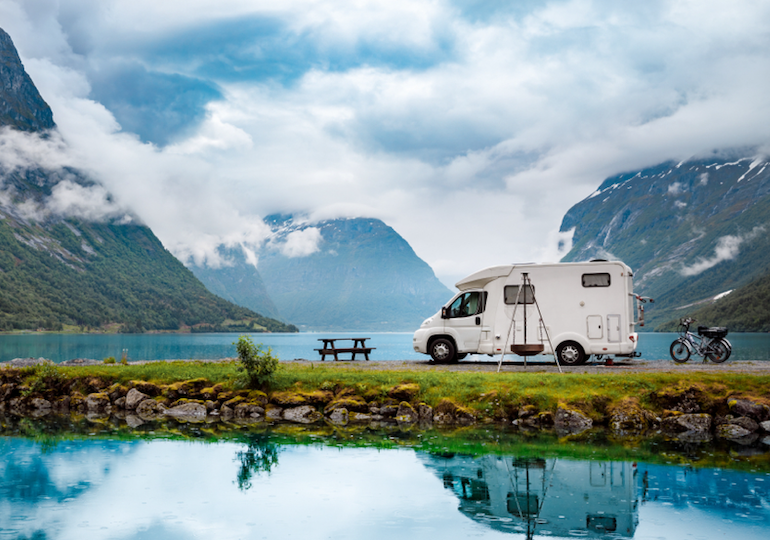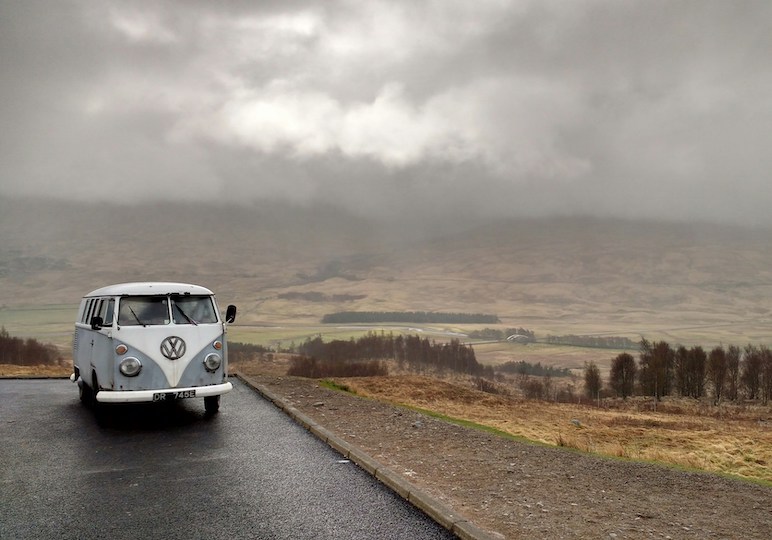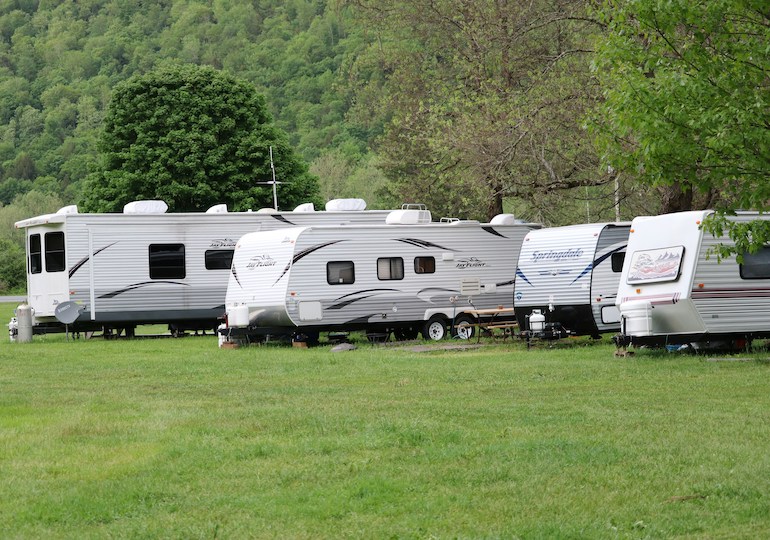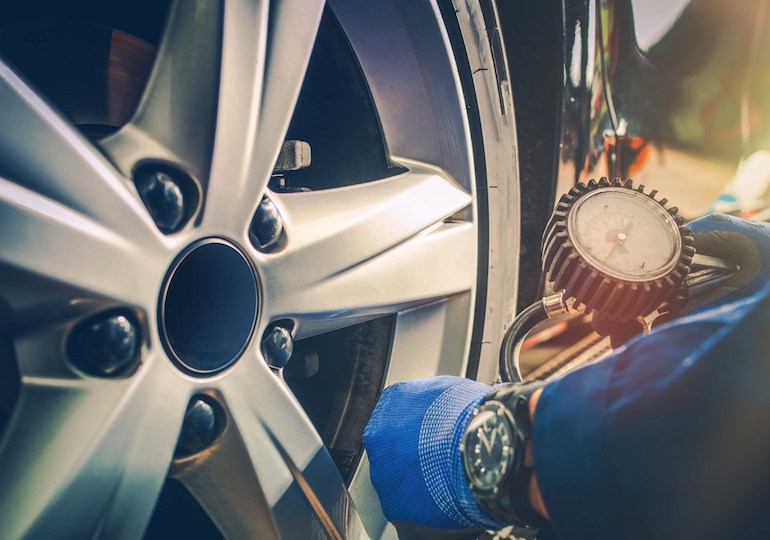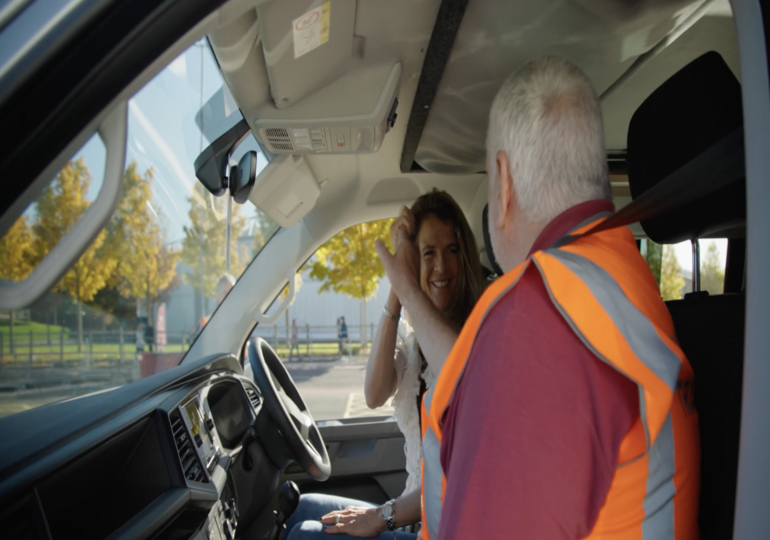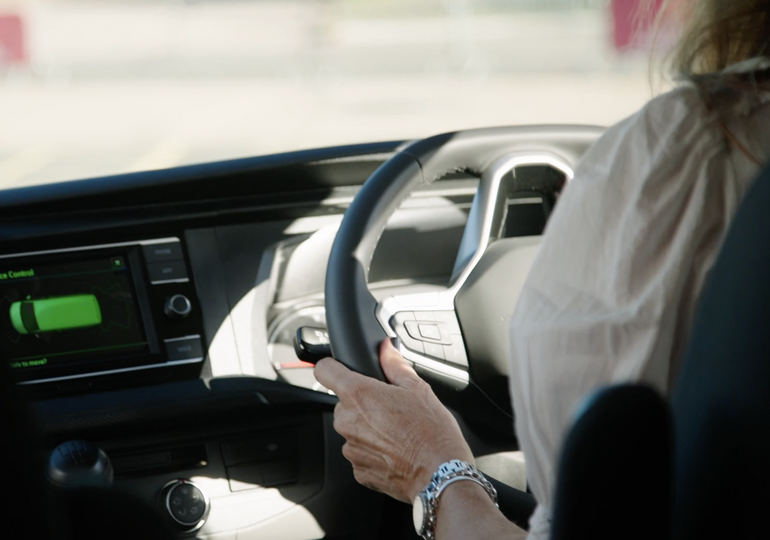By William Coleman
Since the engine was first used for transportation the world have been totally dependent on fossil fuels, especially diesel. As the world moves on and we are becoming painfully aware of the effects of decades of burning fuel is having on the planet a lot of changes are taking place, but how will this translate to the world or caravan and motorhome holidays?
Let me start off by saying that the only experience of using an electric towcar was extremely underwhelming to the point where I would say it simply not fit for purpose. I am chalking it up to the fact that a manufacturer has yet to move into making vehicles powerful enough to effectively tow, not to mention the range issue. But why is this, I mean there is a huge market for it?
As we all know the electric car is a relatively new introduction to the automobile world and I am sure has a very long way to go before it reaches the mileage of a petrol or diesel engine. Well that is not exactly true as the first electric car was introduced in 1884 my English inventor Thomas Parker. I am talking about the real road worthy car bought by the masses that we have seen over the past decade or so.
Since around 2010 the world has been buying and using a lot of electric cars, such as the Toyota Prius and in more recent times the rather costly Tesla. For me the electric vehicle is not at the top of my list for towing. At the moment you cannot get an SUV or 4×4 with enough power or range to make buying one worthwhile, and when they do become better suited for the task I foresee a hefty price tag.
Things To Know Before Towing With Electric
As of right now there are several large manufacturers in the electric car market who openly warn against using their vehicles for towing. They even go as far as to state that attaching a tow bar can void both your warranty and insurance, not to mention get you in some hot water with the law.
If you do attach a tow bar to certain vehicles it must be type approved so as to meet regulations enabling you to legally tow. Also not all hitches that you can legally attach enable you to just hook up your rig and go. With electric you need to make sure that the hitch you’ve chosen fits the job at hand.
So do make sure that if you are thinking about going electric you have a real look into what you can legally do with the vehicle. Not as simple as just switching to a cleaner engine type.
Our Experience Towing With An Electric 4×4
CaravanTimes were fortunate enough to be involved as a judge in the 2019 Towcar of the Year testing for the Caravan and Motorhome Club last year. It was during the testing we got our first taste of using an electric 4×4 to tow a caravan.
As a day to day vehicle the Mitsubishi Outlander that we tested is a fine car. That being said, it was at the very bottom of the list for me from all the towcars we tested, I just did not like it at all. Both the inside and outside were just flat and not very well designed and as towcar it just did not cut it.
During the testing on flat surfaces the 4×4 did well/ok, some may even go as far to say it did just slightly above average.
As soon as we took is to a slightly steeper terrain the issues became very apparent. If you have a slightly heavier set up you are going to struggle with the power output of this towcar.
The heavier your set up is the faster you are going to burn through the range this engine provides. Thus meaning getting a lot less mileage on a vehicle that has far fewer charging points across the UK. Also be prepared to add a lot more time to your journey due to the constant stopping and charging.
The real issue we came across, which I did not think we were going to be able to overcome, was the hill start. Yes, we were on quite a steep hill but it was as steep as any hill you would expect to come across here in the UK.
Once the Mitsubishi was prone with the handbrake on we decided to commence with the hill start. We did not move, not once inch. Immediately we thought there was something wrong or the handbrake had somehow not disengaged.
After a quick double check we noticed that the 4×4 was just trying to muster enough power to start moving. After an agonizing 40-50 seconds we began to crawl as a slow snails pace.
Once we got moving it did not look as though we were going to make the brow up the hill, let alone drag a full weighted caravan up and over it.
After just under 90 seconds we were over the hall and on a declining slope picking up momentum and speed, only to then find we had almost totally zapped the battery.
So when it comes to electric tow cars like the Outlander I am not sold. But I am open to trying more to see what other cars can do.
Fossil Fuels Becoming A Extinct
Diesel is now a dirty word around the world, especially in certain parts of London where I live. These new low emission zones seem to be getting more expensive to drive through and they also seem to be getting a lot bigger.
Over the next few years I can see a lot more parts of the UK having a lot more low emission zones to help reduce the carbon footprint. And maybe top up some pockets of those in charge.
Now I am all in favour or reducing the amount of pollution that we pump into the atmosphere. I do not feel that there is a suitable vehicle type to match the needs of leisure vehicle user. Well not in the same time frame that these new low emission laws are coming in.
One solution, not one I believe in or would actually advise, is to match a less powerful electric towcar to a smaller more lightweight caravan setup. Trying to meet in the middle somewhere so as to be able to tour and protect your surroundings.
What does this mean for motorhomes?
There has been talk of a fully electric, or even a hybrid, motorhome for some time now, and some companies, such as Dethleffs, have even created a fully functioning concept van with the aim of releasing it to the masses.
Is this a concept that will one day become reality? Looking at the way things are heading I would say a strong yes. Not sure what the timeline will look like, I would imagine it is quite far off of hitting the world wide market.
At this current time we do not have effective enough battery cells in electric cars to enable them to tow larger rigs for an extended amount of time, so the tech would need a lot of work to get something the size of a motorhome running efficiently enough for them to become a product people can invest in.
2018 did actually see Europe’s first fully electric motorhome hit the market, well kind of. As of right now the Iridium E Mobil is only available in Germany and costs around £150,500. The manufacturers say that currently you can get 120-180 miles from one full charge but further range will be available soon.
Weight Is An Issue
When it comes to the batteries used for electric vehicles you have to factor in the weight of each cell. I was shocked at how much they weigh and the larger the car the larger the battery.
In a modern Toyota Prius the battery cell weighs 80kg, which does not provide enough to tow a caravan. I would not like to imagine how much a sufficient battery would weigh in at.
With all this added extra weight you will find that a lot of younger drivers may be exceeding their legal weight limits thus meaning they have to buy smaller van, or in some cases just give up on it all.
As I said, I do believe in doing what we can to reduce to irreparable damage we are doing to our planet but such drastic changes cannot be made until their is a suitable alternative in place.

